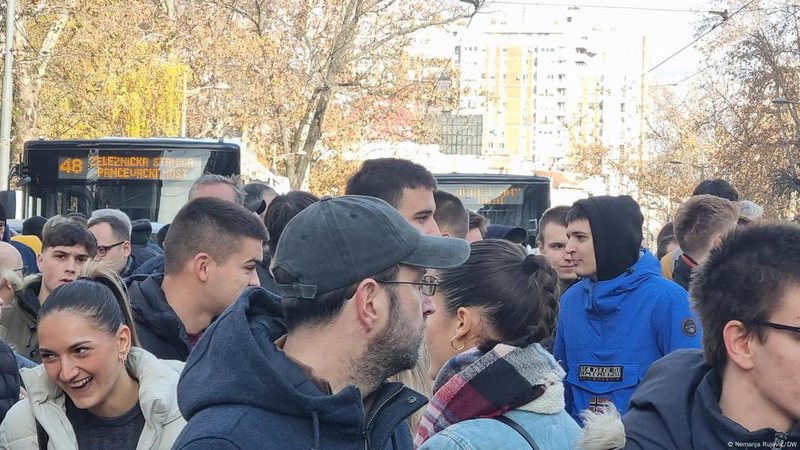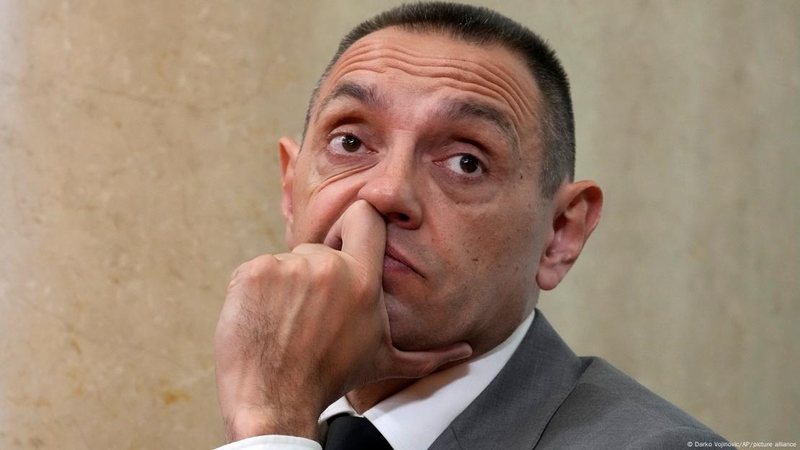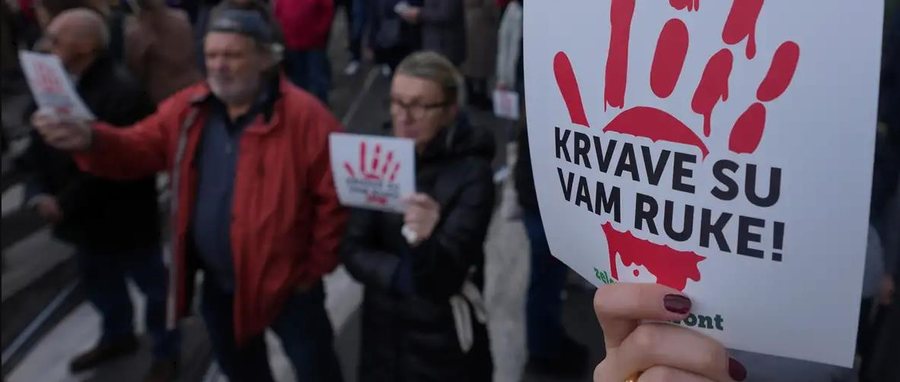
An Amnesty International report shows that Serbian authorities are using spyware to target journalists, politicians and the non-governmental sector. "Digital Prison: Surveillance and Suppression of Civil Society in Serbia" is the name of the aforementioned report, which states that the Serbian regime uses forensic tools to extract data from mobile phones on which software is installed without any legal basis. The Serbian Police and the Agency Security and Information (BIA), among others, use the Cellebrite software, which was donated to Serbia by Norway, to monitor the activities of regime critics ReVucic.
Analyzing some phones, in which spy software was installed during informative interviews or arrests at police stations, it was found that this software exists in dozens, and perhaps hundreds, of activists' and journalists' phones. In addition to the Selebrit program, the previously unknown NoviSpy program was also found on the phones. On the occasion of that report, the Norwegian Ministry of Foreign Affairs emphasized that it does not support the misuse of this program, while the Ministry of Internal Affairs and the BIA of Serbia declared that "they used all these software tools in accordance with the law" and that "this is an irrelevant sensationalist report that deserves no comment".
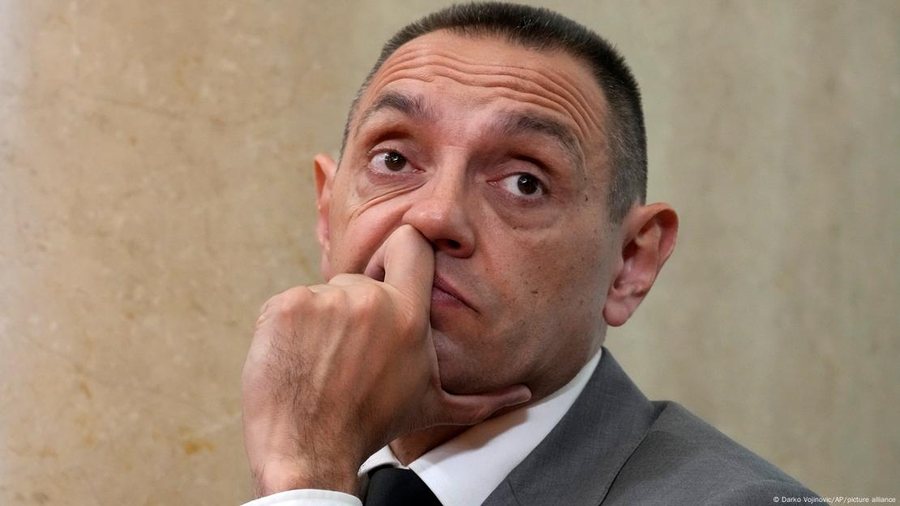
Dam for the democratic public
Serbia has entered a digital prison, because "there is an autocratic government that does not allow the creation of any kind of democratic public", Zoran Gavrilović from the Bureau of Social Research (BIRODI) evaluates the statements from this report for DW.
"Now we are witnessing that the state has been subjected to a political party and the mechanism for this is the cultivation of the personality cult of Aleksandar Vučić. The goal is for journalists and the civil sector to give up what they are doing. However, it should be noted here that this, apart from the BIA, is also done by the People's Bank of Serbia, which receives data from commercial banks on the financial transactions of journalists and non-governmental organizations and sends them to certain persons in the government". Gavrilovic points out.
Blocking critical thinking
Journalist Nedim Sejdinović believes that "it is quite clear how Serbia found itself in a digital prison. From the very beginning of his government, Vučić openly announced that a large amount of money and resources were being used to buy of hardware and software that would be used to control political opponents and virtually destroy the opposition. Over the years, the state has spared no money for the ultimate goal, which is an attempt to completely abolish critical thinking", Sejdinović told DW.
Amnesty International's report also examines multiple waves of protests in Serbia, during which opponents of the regime were exposed to brutal campaigns, and notes that "defamatory statements were encouraged by high-ranking officials, including the president, members of parliament and the governor of the National Bank of Serbia."
Gavrilović notes that this is happening even now "during student protests", but that "besides discrediting campaigns, the regime still does not have the courage and will to move to more aggressive forms of suppression of protests that protect democracy and the rule of law in Serbia. after all, Serbia is in the Balkans, surrounded by NATO and European Union countries, and so isolated from the non-democratic world, it cannot do what non-democratic countries do", said Gavrilović for DW.
The government already has a campaign algorithm when it comes to this type of protest, notes Nedim Sejdinović and adds that "besides primitive propaganda, this means that all means are used to introduce disunity and mistrust into the heart of the rebellion, and the secret services play maybe even the biggest role here. But since the protest is massive and decentralized, I don't think that even those software solutions are very useful for the Serbian authorities", says our interlocutor.
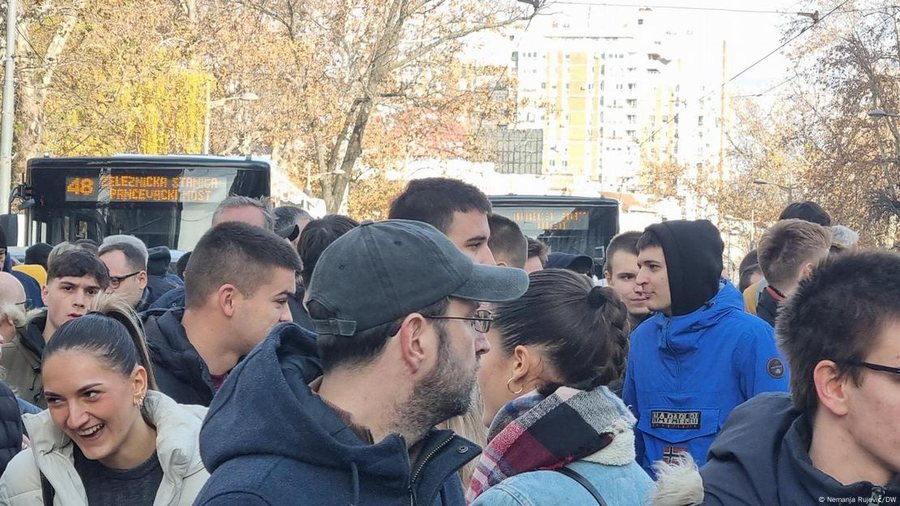
A problem for investigative journalists
But the use of spyware greatly threatens the work of journalists and freedom of expression, Sejdinović emphasizes. He says that "this applies especially to investigative journalists. Such abuse of power not only endangers the journalists themselves, but also their contacts with people from the government system who give them some information", Sejdinović draws attention.
Amnesty International's discovery, he says, has shown once again that the Serbian Progressive Party (SNS) sees any opposition activity, as well as any member of the non-governmental sector or critical of the regime, as part of illegal activities. The conclusion of the report, he added, only confirms that the president of Serbia, Aleksandar Vučić, not only does not tolerate parliamentary democracy, but neither does any critical voice in society.
Autocrats and dictators "see any attempt to fight for democracy as a hybrid war", Zoran Gavrilović assesses. Nedim Sejdinović warns that "the story about the lists of foreign agents has been updated again, which is especially strange in the case of Aleksandar Vučić , which completely opened the doors to foreign influence and foreign capital and where the Government of Serbia is actually the biggest foreign mercenary"./DW (A2 Televizion)

